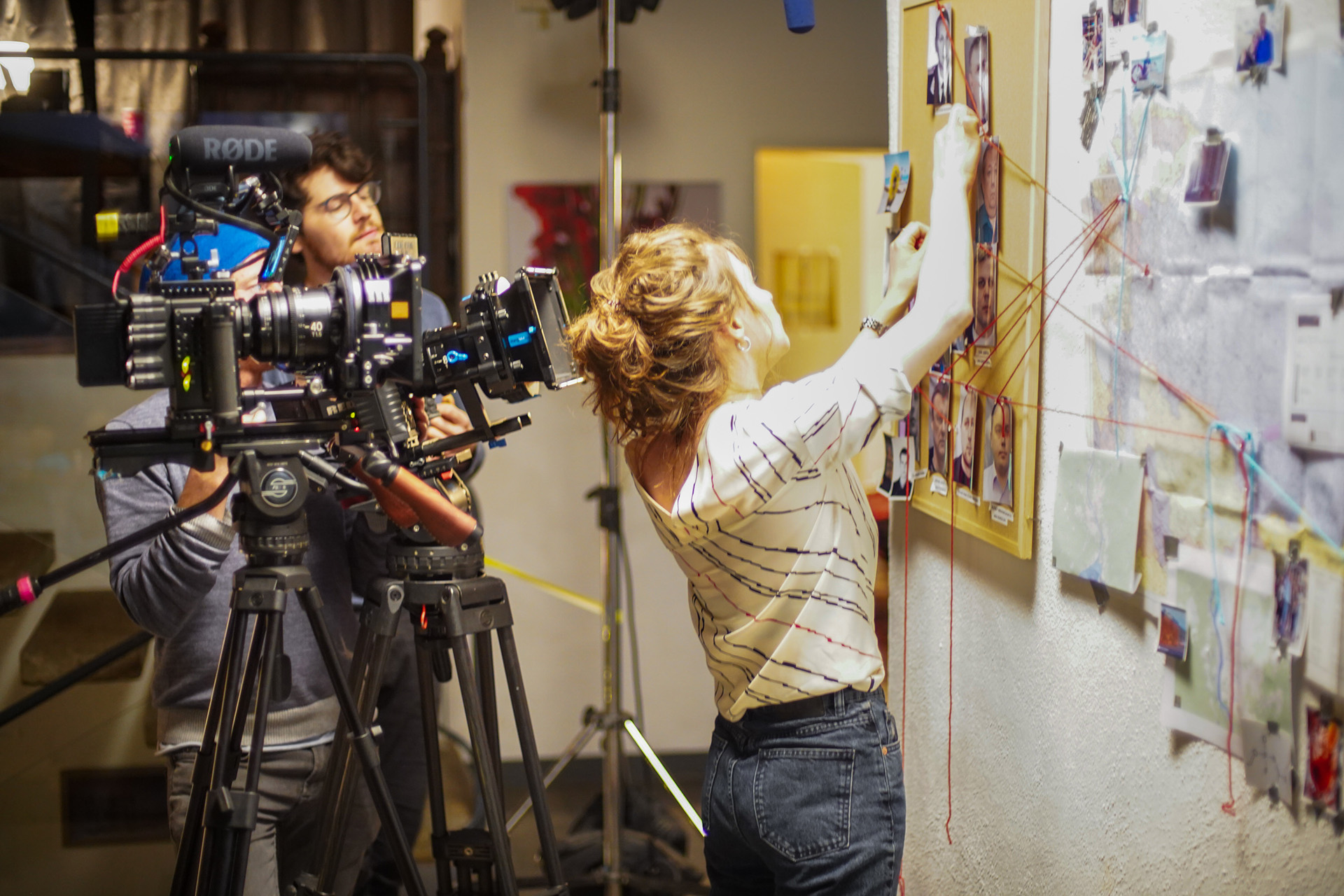Welcome to the World of BTS Interviewing
In the bustling world of film production, while cameras capture the magic on screen, the BTS Interviewer captures the magic behind it. They are the bridge between the creative process and the audience, transforming individual experiences into compelling narratives that support both marketing efforts and historical documentation.
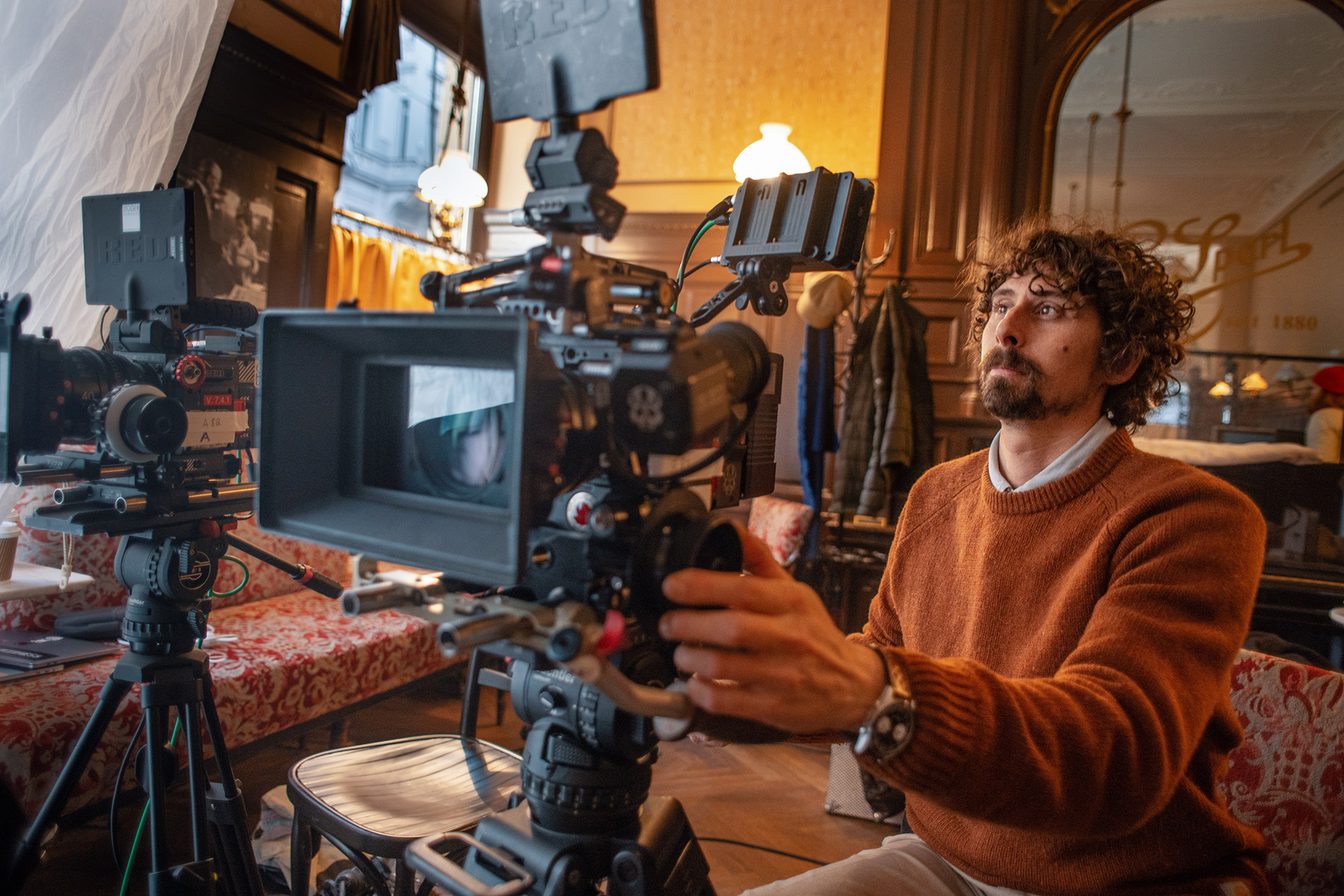

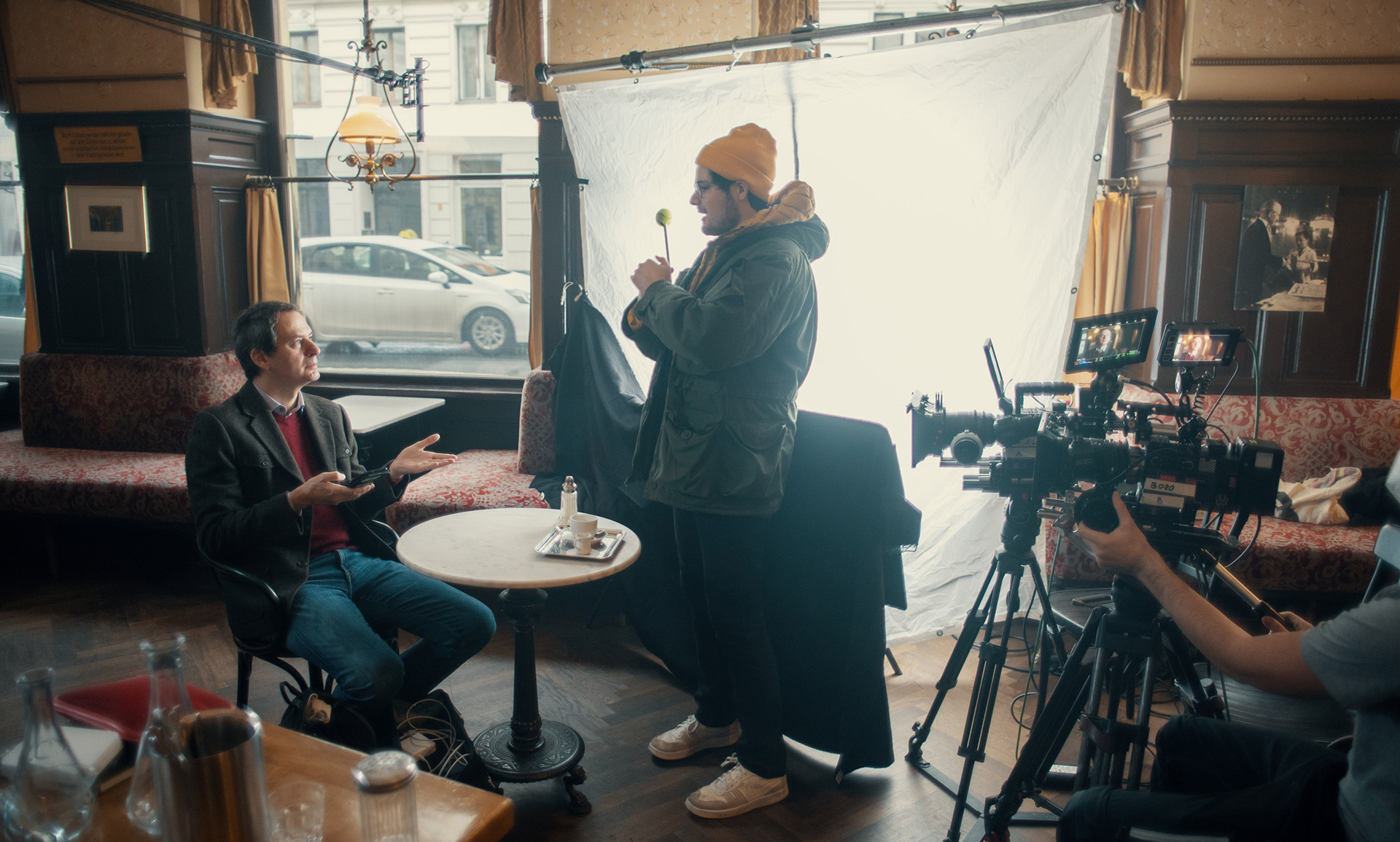
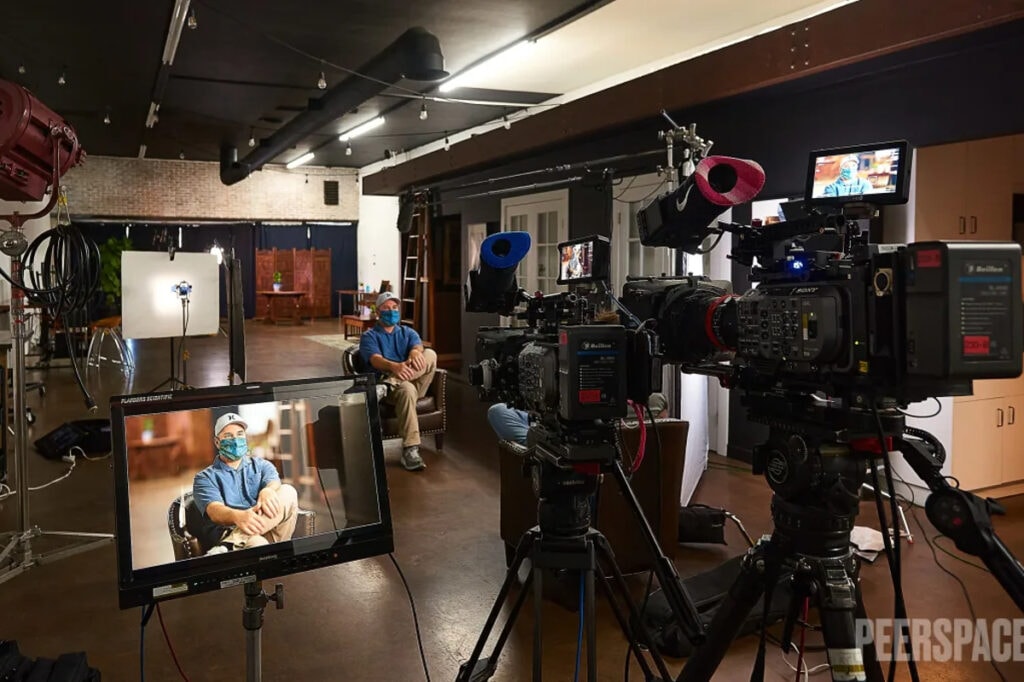
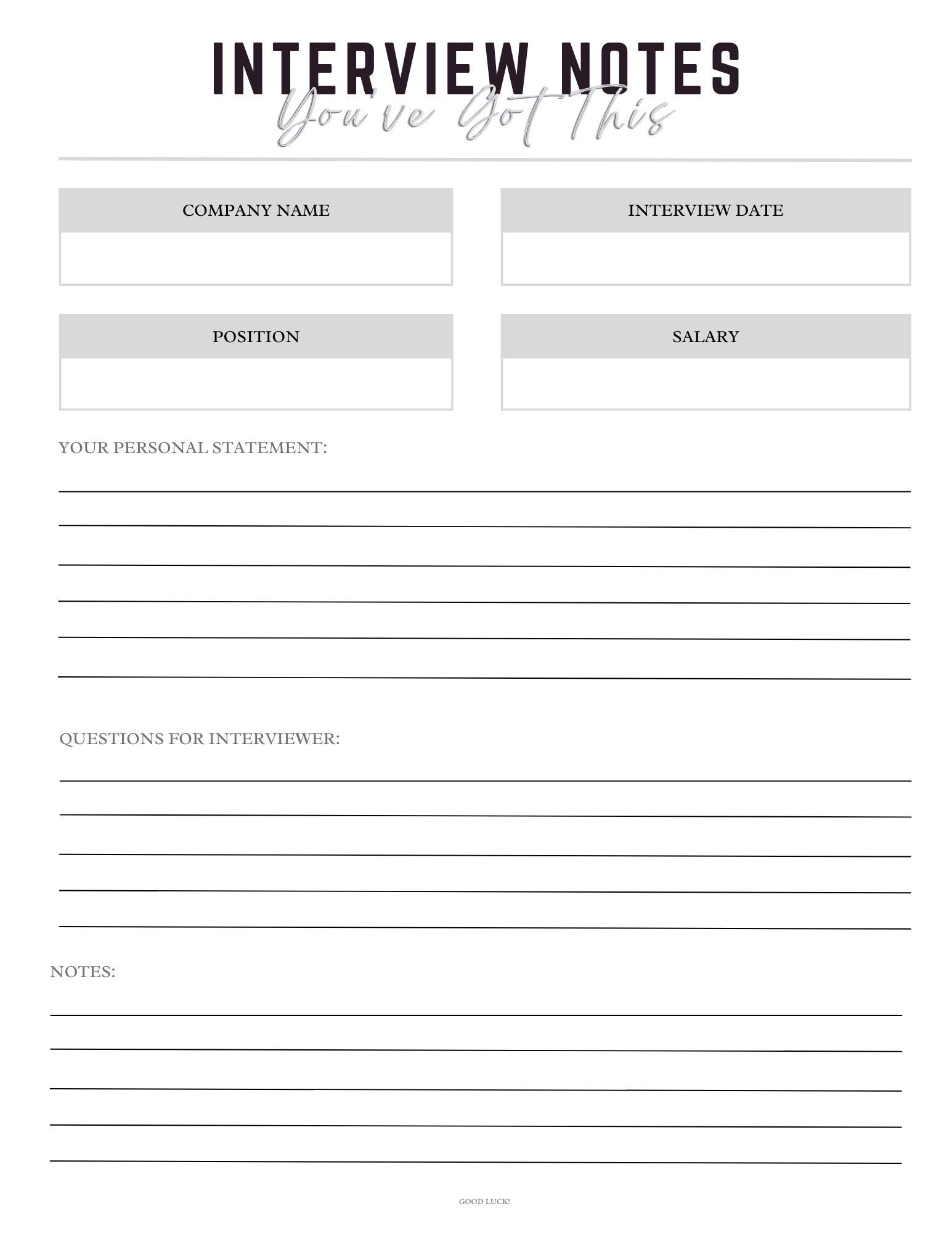
.webp)

